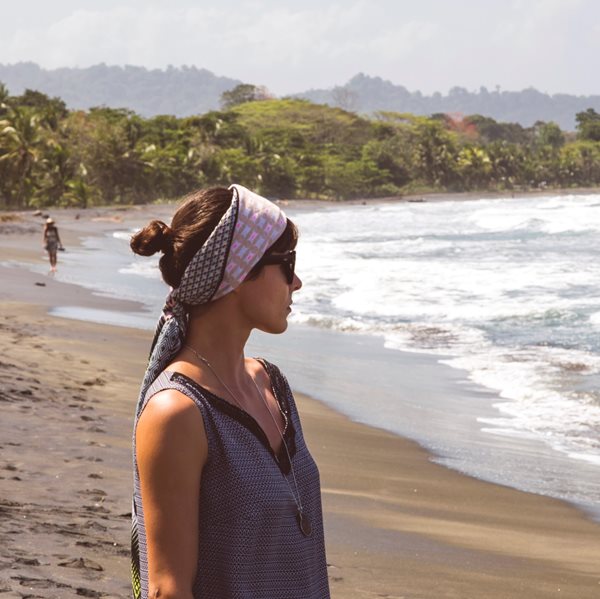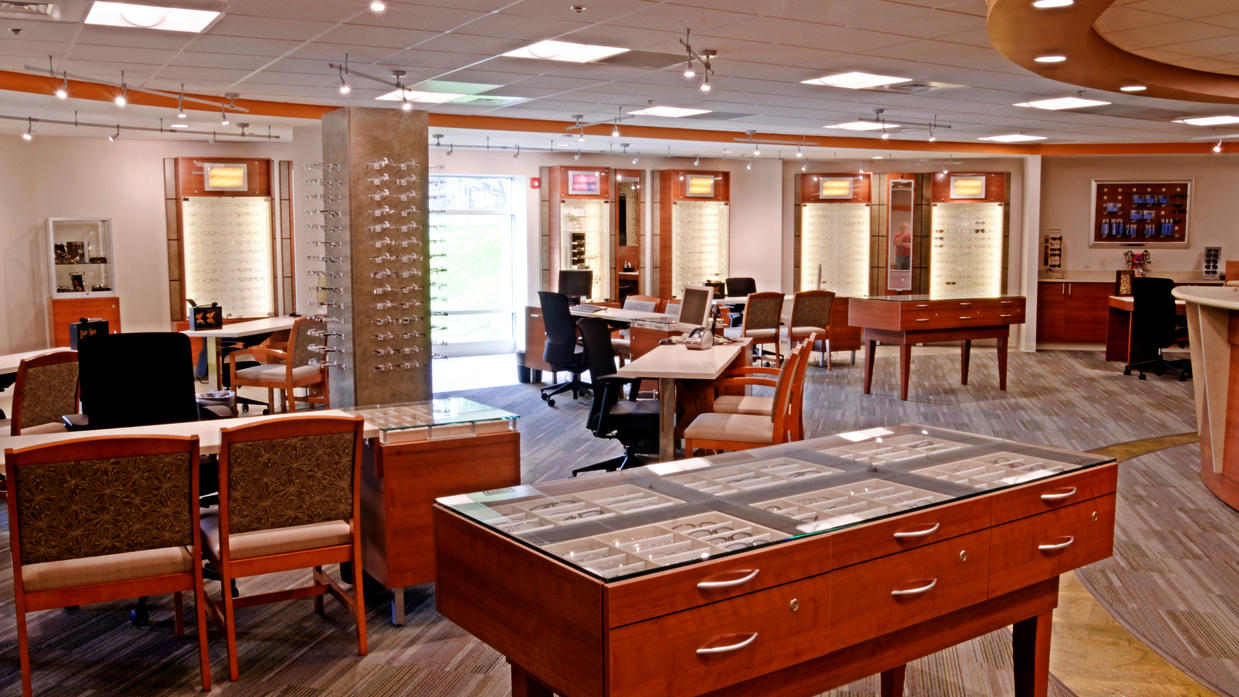Protect Your Eyes from Ultraviolet Light
Now with warmer weather and longer hours of sun exposure, many of us remember to protect our skin by applying sunblock, but your eyes need protection as well. It is important to wear proper eye protection to shield your eyes from ultraviolet (UV) exposure. By wearing UV-blocking sunglasses, you can enjoy the summer safely while lowering your risk for eye diseases.
 How Does UV Light Affect Eyesight?
How Does UV Light Affect Eyesight?
Both long-and short-term exposure to UV radiation can harm the eyes, affect vision, and compromise overall eye health. There are several eye diseases and conditions caused or aggravated by exposure to UV radiation, such as:
- Macular Degeneration. Extended exposure to UV light increases your risk of developing macular degeneration.
- Cataracts. UV light increases your risk for certain types of cataracts. It is estimated that 10% of all cataract cases are directly attributable to UV exposure.
- Pterygium. Often called “surfer’s eye,” pterygium is a pink, non-cancerous growth that forms on the layer of conjunctiva over the white of your eye. UV light from the sun is believed to be a factor in the development of these growths.
- Skin Cancer. Skin cancer in and around the eyelids is also linked to prolonged UV exposure.
- Photokeratitis. Also known as corneal sunburn or “snow blindness,” photokeratitis is the result of high short-term exposure to UV rays. Long hours at the beach or skiing without proper eye protection can cause this problem. It can be very painful and may cause temporary vision loss.
 Sunlight and your Health
Sunlight and your Health
- Healthy exposure to sunlight can have positive effects, as long as you protect your eyes from UV damage.
- You need a little natural light every day to help you sleep well as the light-sensitive cells in our eyes play an important role in our body's natural wake-sleep cycles. This is especially important as we age and become more prone to insomnia.
- Spending time outdoors in the daylight can also help prevent nearsightedness in children. Not only is exercise great for eye health, but exercising outside may be additionally beneficial.
How Can You Protect Your Eyes from UV Light?
- Wear a hat along with your sunglasses. Broad-brimmed hats are best.
- Protect children and senior citizens with hats and sunglasses. Everyone is at risk for sun damage.
- Clouds don't block UV light. The sun's rays can pass through haze and clouds.
- Sunlight is strongest midday to early afternoon, at higher altitudes and when reflected off of water, ice or snow.
- Never look directly at the sun. Doing so at any time, including during an eclipse, can damage the eye's retina and cause a serious injury known as solar retinopathy.
- Avoid tanning beds which pose the same risks to your eyes and body as outdoor UV light.
 Follow these tips to choose the right pair of sunglasses to shield your eyes from harmful rays:
Follow these tips to choose the right pair of sunglasses to shield your eyes from harmful rays:
- Look for sunglasses that block at least 99% of ultraviolet rays, both UVA and UVB.
- Lenses should be gray, green, or brown and the larger the lenses, the better.
- Wrap-around sunglasses provide an extra measure of protection.
- Snowboarders and skiers should always wear tinted goggles, as UV light bounces off snow even on the cloudiest of days.
- Polarized sun lenses provide excellent glare-free vision, enhanced contrast vision, 100% UV protection, outstanding color perception, and reduce eye fatigue.
- Sunglasses purchased online, from a department store, or a street vendor may not provide important UV protection.
- Purchase from an expert. The best shades are those purchased from an optometrist or optician. This ensures the sunglasses have the appropriate amount of UV protection and are best suited for your needs
The Eye Institute’s (TEI) highly skilled opticians can help you find the perfect pair of sunglasses. For more information, visit TEI’s Optical Center.